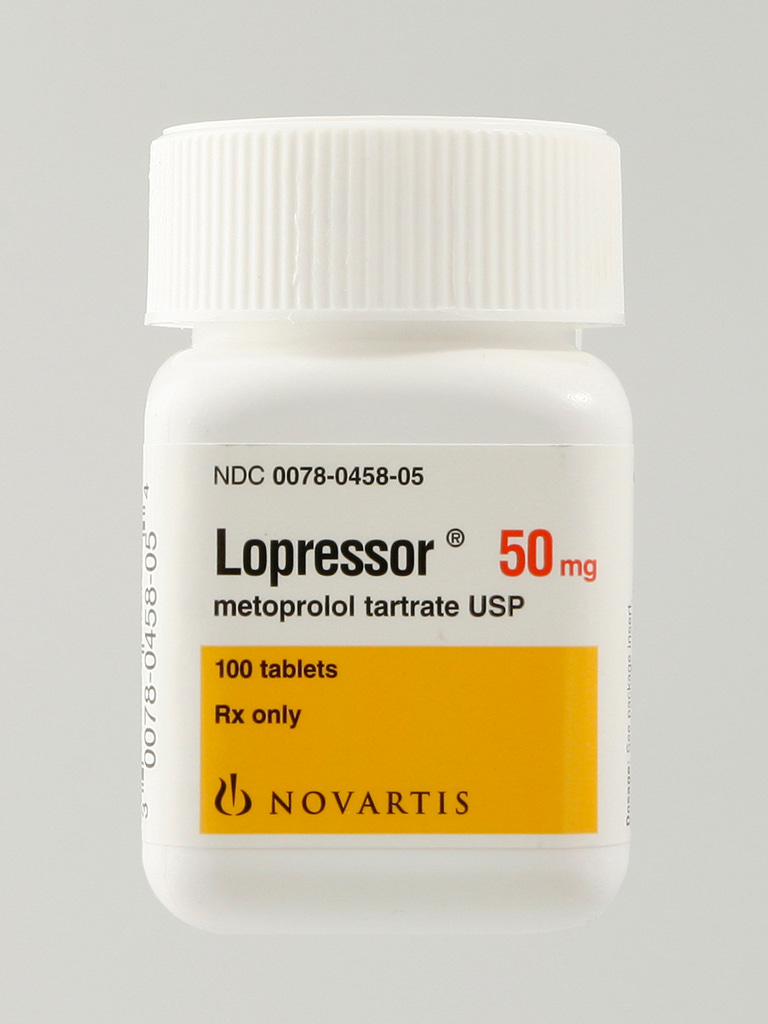Continuing beta blockers safe during acute COPD exacerbations

Continuing Selective Beta Blockers Safe During COPD Exacerbations
Many COPD patients also have congestive heart failure or ischemic heart disease, two conditions where beta blocker therapy improves survival, but it has consistently been underutilized. The fear physicians have of instituting beta blockers in COPD is mostly secondary to the theoretical concern about the effects of beta blockers on lung function and it is even more pronounced during acute exacerbations of COPD. By now, multiple reviews have shown the cardioselective beta blockers are safe in COPD, but they continue to be withheld or discontinued, especially in the setting of acute exacerbations.
What They Did
Here, the authors conducted a retrospective cohort study of over 35,000 patients 40 years and older with both acute exacerbations of COPD (AECOPD) and ischemic heart disease, congestive heart failure, or hypertension, to evaluate the effect of beta blockers on in-hospital mortality (primary outcome). They used the hypertension group as a control, because there is no data supporting a mortality benefit from beta blockade for hypertension alone. This study is not generalizable to critically ill patients with acute exacerbations of COPD, since those admitted to the ICU or on mechanical ventilation were excluded. In an attempt to control for the limitations of the study design, the authors used a variety of analytic strategies to evaluate the effect of beta blockers in AECOPD. Secondary outcomes included late mechanical ventilation (day 3 or later), length of stay and 30-day all cause readmission.
What They Found
Beta blockers were given to only 40% of patients with acute exacerbations of COPD who had an evidence-based indication for their use. Consistent with previous data, beta blocker therapy in the first two days of hospitalization was not associated with worse outcomes, including in-hospital mortality, late mechanical ventilation, or all-cause 30-day readmission. Notably, acute coronary events were also not different. Interestingly, the use of nonselective beta blockers (such as propranolol) was associated with an increased risk of 30-day readmission, potentially adding some credence to the theoretical concern of so many.

Clinical Takeaway: While the study failed to show a mortality benefit, as the authors initially hypothesized, beta blocker therapy does again appear to be safe here in this extremely large cohort of patients. The increased rate of readmission with nonselective beta blockers suggests preferential use of selective beta blockers is probably warranted, which of course seems commonsensical. Furthermore, although outpatient medication data was not available for this cohort, beta blocker therapy should likely be continued in those patients receiving it as an outpatient, given the previously demonstrated survival benefit and the potential harm from their abrupt discontinuation, unless there is a glaring contraindication to doing so. Stefan MS et al. Association between beta blocker therapy and outcomes in patients hospitalized with acute exacerbations of chronic obstructive of lung disease with underlying ischemic heart disease, heart failure or hypertension. Thorax 2012;67:977-84.


